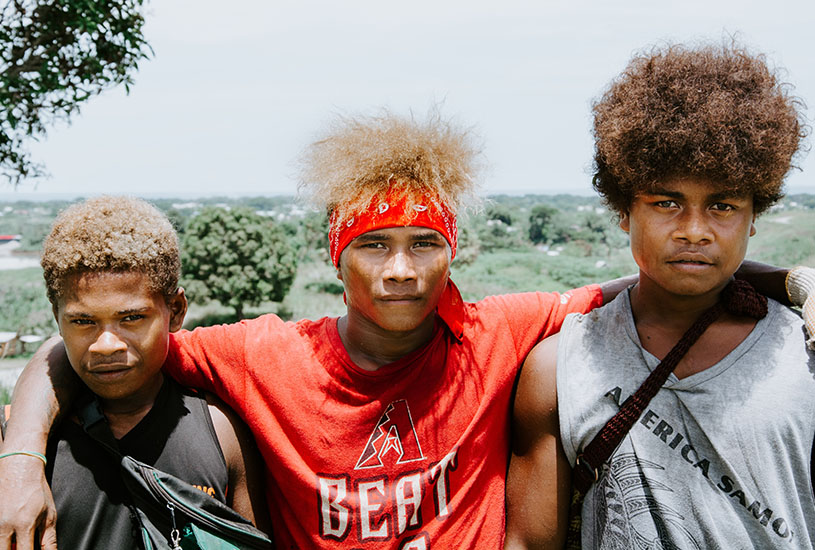Pacific Island countries are among the most vulnerable in the world to natural disasters. These communities require our support, just not the traditional kind.
Humanitarian aid is integral to rebuilding communities after a natural disaster. But, how can we bridge the divide between traditional humanitarian aid and ‘the othered’?
Ms Jeevika Vivekananthan, a researcher from the Centre for Humanitarian Leadership at Deakin University has recently explored the power of Pacific diasporic humanitarianism in reshaping the landscape of humanitarian action.
She explains, “often we perceive humanitarianism as the helping of the ‘others’ whereas Pacific diaspora involves the community helping their ‘own people’.”
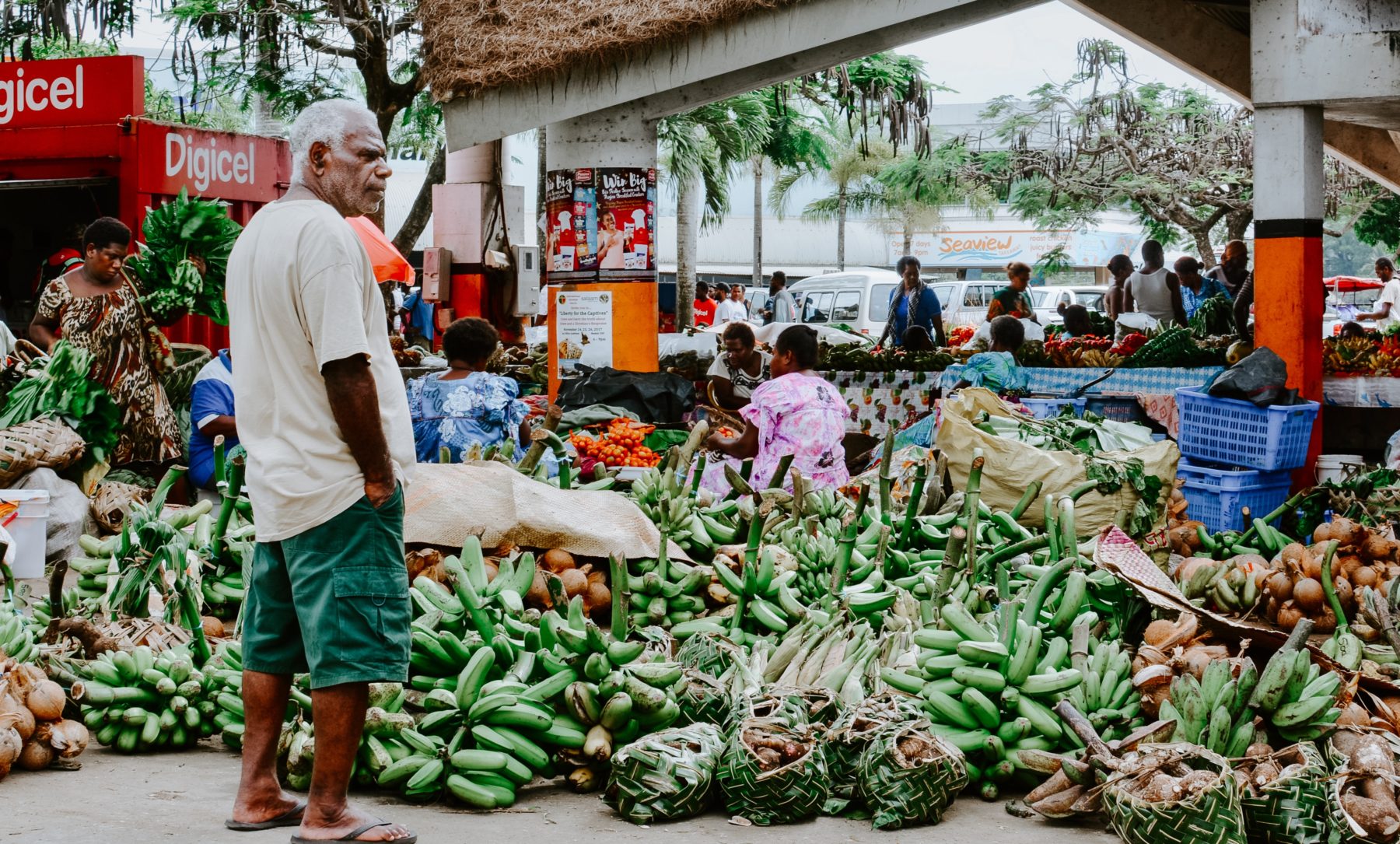
“When disaster strikes in the Pacific, support can transcend familial, ethnic and national.
“The Pacific identity and solidarity then plays a significant role in bringing these diasporic communities together to assist their people,” says Ms Vivekananthan.
Knowledge is power
At the 2016 World Humanitarian Summit, one of their core responsibilities included; ‘Working differently to end need’.
This involves reinforcing local systems, anticipating crisis and transcending the humanitarian divide – like that of diasporic support.
During humanitarian responses, local and international actors play a key role in providing relief. Ms Vivekananthan argues that the transnational activities of the diaspora are just as vital.
“Pacific diaspora humanitarians bring this lense of looking at what is happening in the local context that is informed by both local and international experiences.”
“There are advantages and challenges for traditional humanitarians to understand Pacific diaspora communities who come with flexible and informal structures, [in opposition to their centralised hierarchical systems].”
At the forefront, the community leaders of these diasporic communities’ work with disaster response actions to assist their communities. But they have an invaluable resource on their side; local knowledge.
Through local connections, diasporic community leaders have been able to collaborate with local community volunteers, advisory councils, relatives, religious organisations, politicians, government organisations and professional associations to deliver aid.
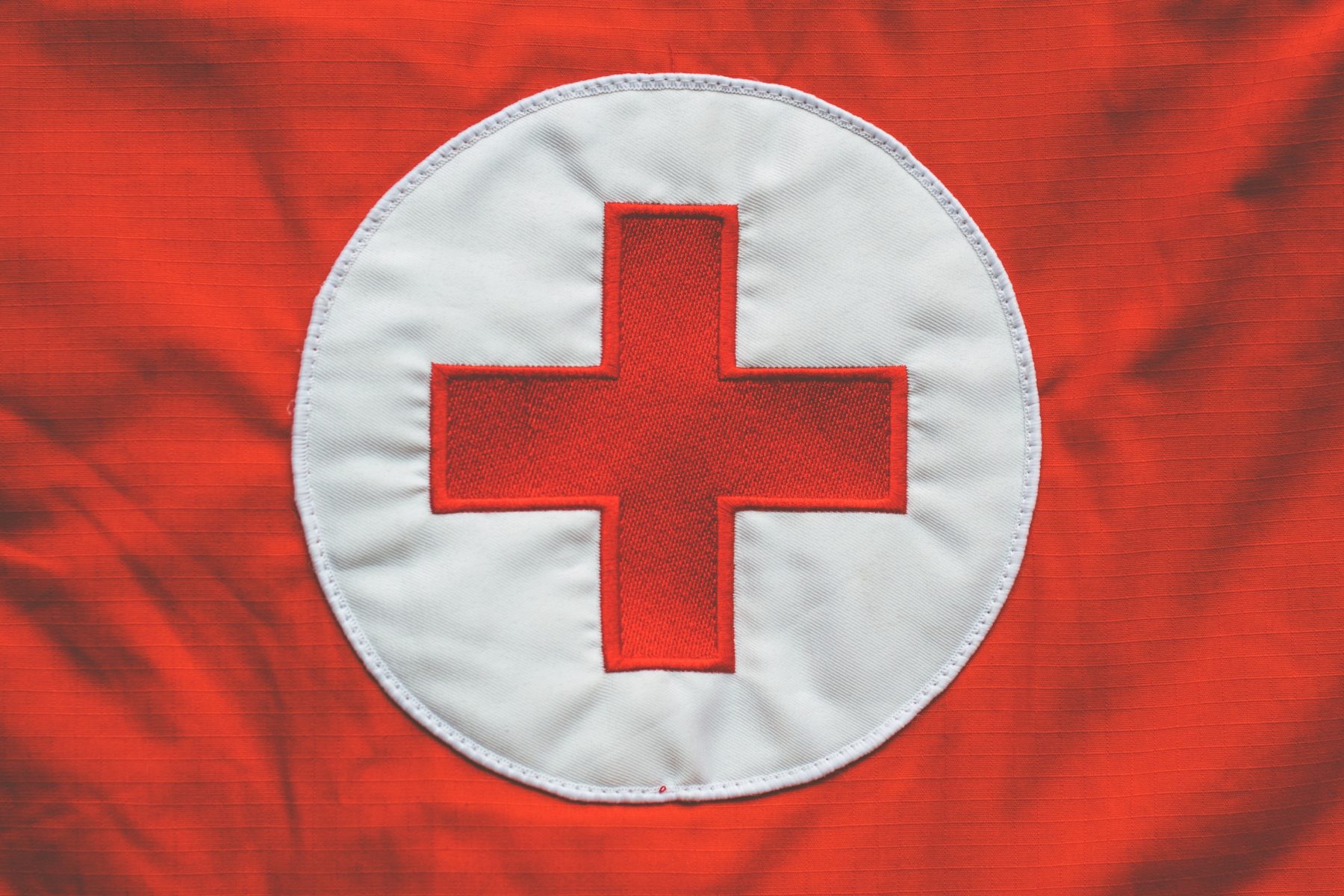
From organising fundraisers and collection of relief materials, to supporting the reconstructions, their volunteer support is meaningful.
“Informality can be a good thing – by not facing any bureaucratic challenges it’s just volunteer-based community groups who come together because of the solidarity, friendship, trust-based networks that have formed,” Ms Vivekananthan says.
“We can’t devalue what is offered by formal, institutionalised humanitarian sector, there is a need for technocratic solutions.
“However, at the same time, we need empathy and a personal touch to humanitarian response to complement traditional solutions.”
By humanising the humanitarian response, these affected Pacific Islander communities are given opportunities to rebuild their lives from those who understand their culture and their emotional and materials needs best – their ‘own people’.
From community to cabinet
In the face of the global climate emergency, disaster response needs to continue to go beyond communities and into the political sphere.
A research participant from this study asked, “How can someone sitting in a public service office or a politician looks through a lens at the Pacific without also knowing what the Pacific Islanders look through their lens back of Australia?”
“If it goes both ways then I imagine that the diaspora can make a really constructive contribution in the name of Australia to the aid in the Pacific,” the research participant notes.
Direct engagement with the affected Pacific Islander people is critical to providing effective and successful aid.
One of the first steps to do this involves listening to what they have to says about the climate crisis.
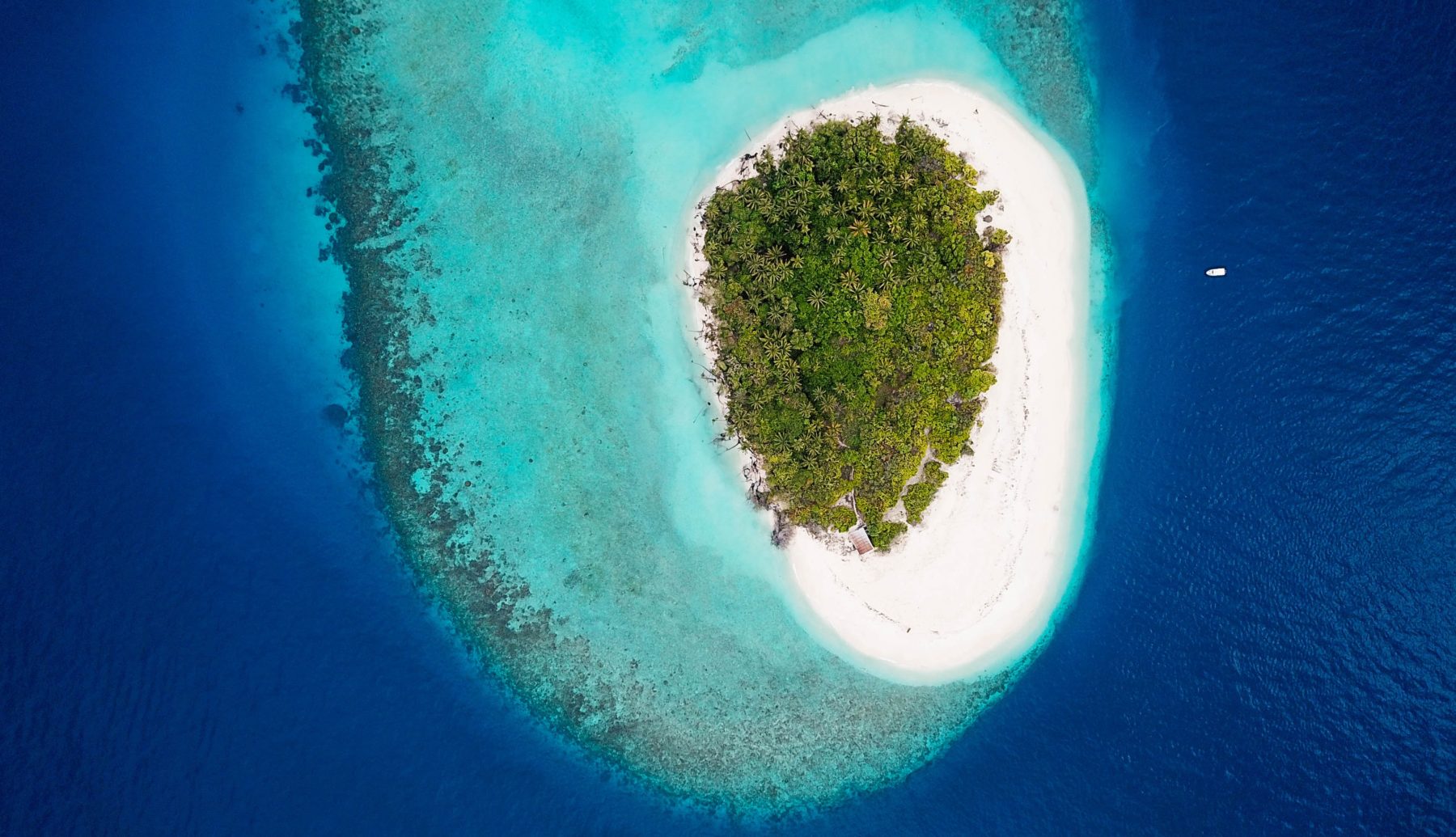
“It’s really important talking about climate-induced disaster for Pacific Islanders, their communities and their leaders, to acknowledge that this is a climate crisis and to come up with appropriate policies to reduce our part of contributing to this crisis rather than just helping once the disaster strikes,” says Ms Vivekananthan.
“I think as neighbour to these small island nations we have the responsibility to assist.
“The Pacific diaspora continues to express a strong voice against reluctant to acknowledge the climate crisis and the Australian government needs to listen to the echo of the diaspora.”
The distant, blood-red apocalyptic skies that hang over our major cities highlight the weight of the Australian bushfires around the nation. In response, Pacific Islanders leaders are pledging their solidarity; for the future, not as one but together.
Speaking through the smog, Fiji’s Prime Minster, Frank Bainimarama is calling for meaningful action to combat climate change induced disaster.
A unified response to climate change that champions diasporic voices could be the way forward.
The next generation
Humanitarian aid that relies on sentiment and connection might be a difficult road for younger Pacific Islander generations to travel.
So, does it have a future?
It becomes then deeper than helping your second or third cousins, then doing it for your great-grandparents sake, then living in your parents footsteps.
It is about establishing a cultural identity for Pacific Islander youth to find themselves within.
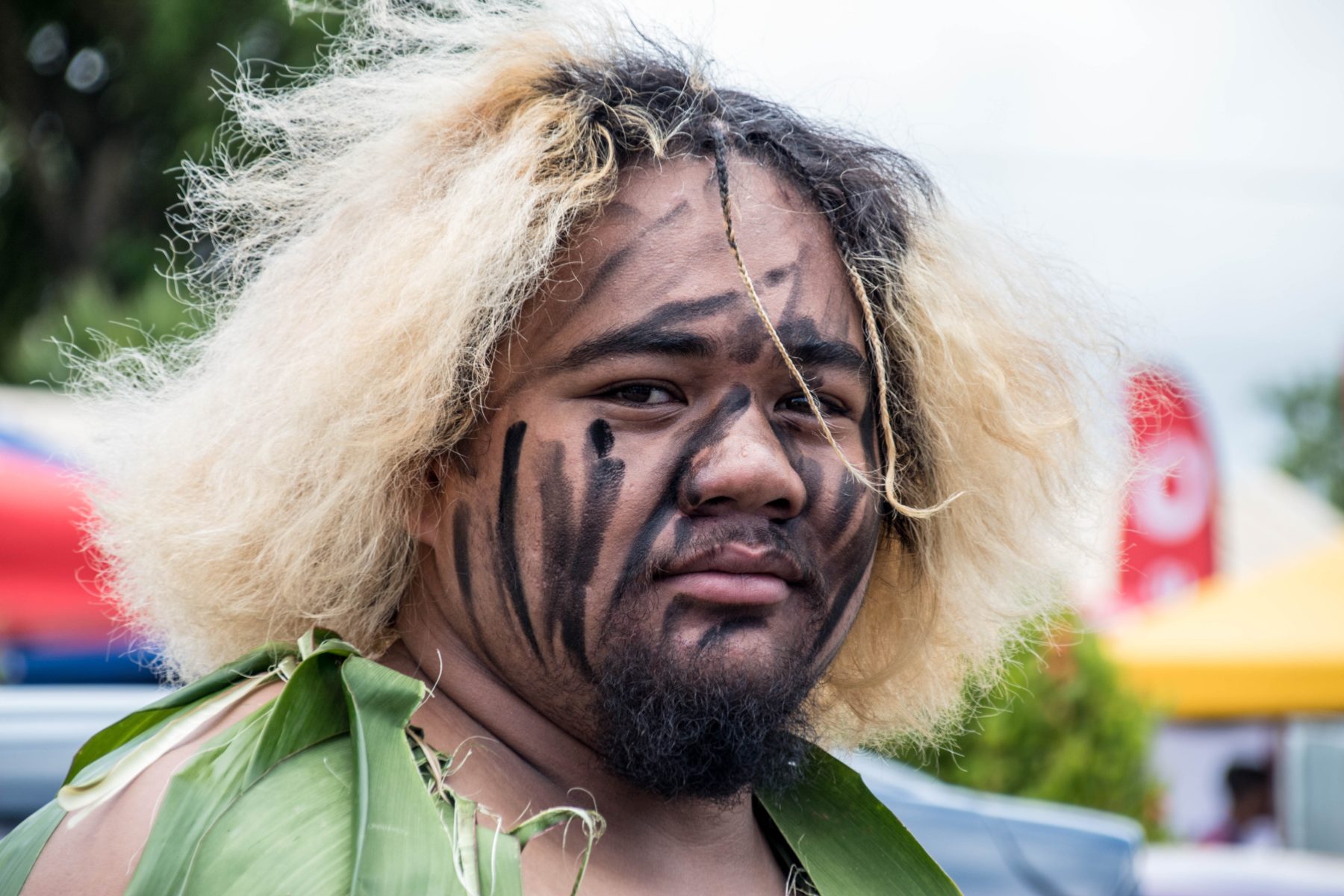
“Reinforcing your diaspora identity is important for your survival in a foreign environment to embrace who you are,” says Ms Vivekananthan.
Climate protests have opened up a new avenue for Pacific Islander youth to re-cement their identities and to bridge the gap between two cultures through activism.
From Federation Square to Fiji Islands, the younger generation can hold up a megaphone to the experiences of disaster and the resilience of their Pacific Islander elders; past present and emerging, under a radically shifting climate.
“You can see the Pacific Islander youth, born in Australia, who are really engaging with these protests and voicing for their communities in small island countries of the Pacific.”
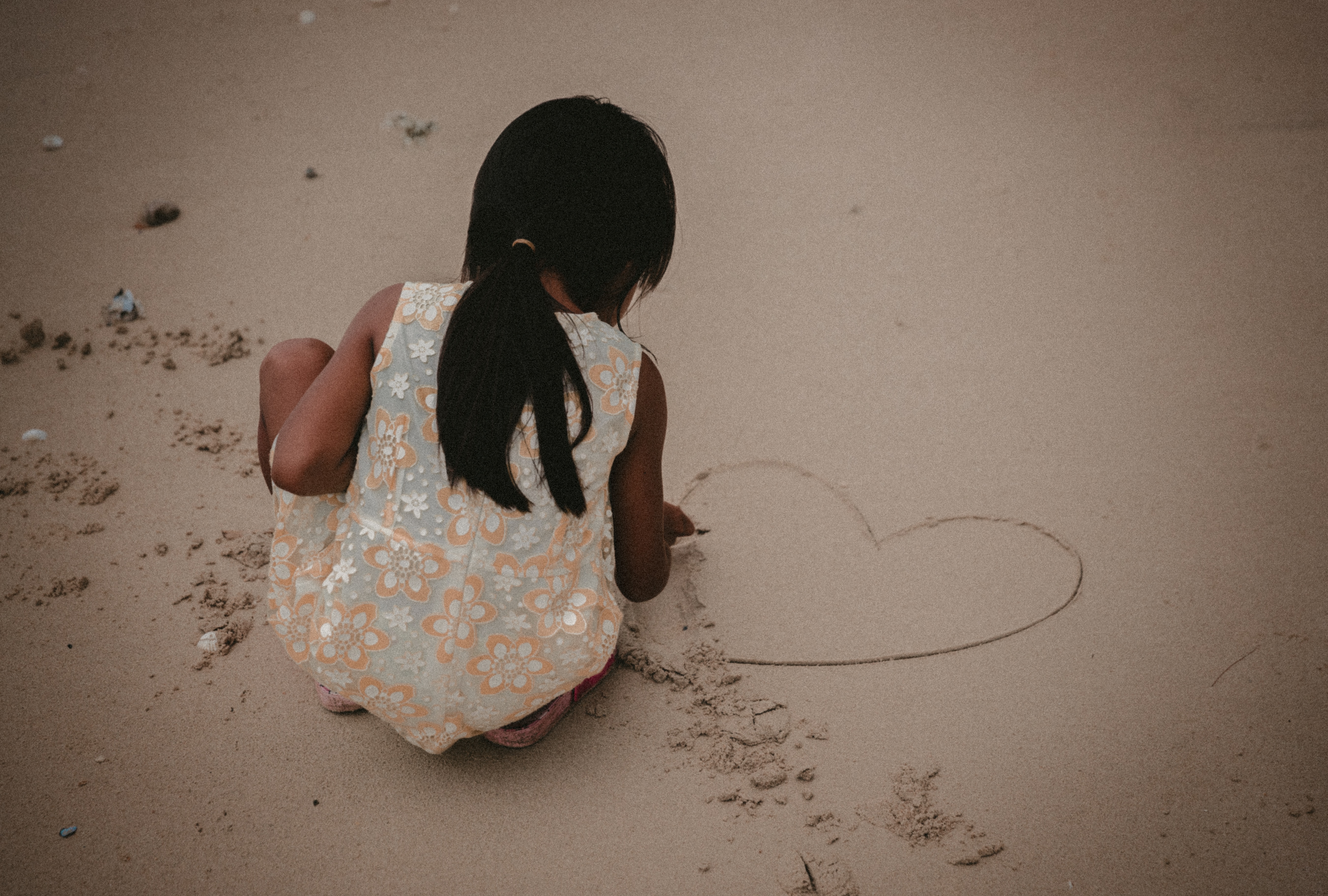
“Being involved in community activities during disasters it plays a vital role in making that hybrid identity and giving that confidence to embrace the diaspora identity,” says Ms Vivekananthan.
The future of the Pacific diaspora might be uncertain, but maintaining relationships to culture might brighten the way. It’s about re-affirming a new generation of Pacific identities and enriching their cultural connections.
Moreover, it creates a shared future for Pacific youth in Australia to remain connected to their ancestral homelands and care for them – from across oceans, too.
